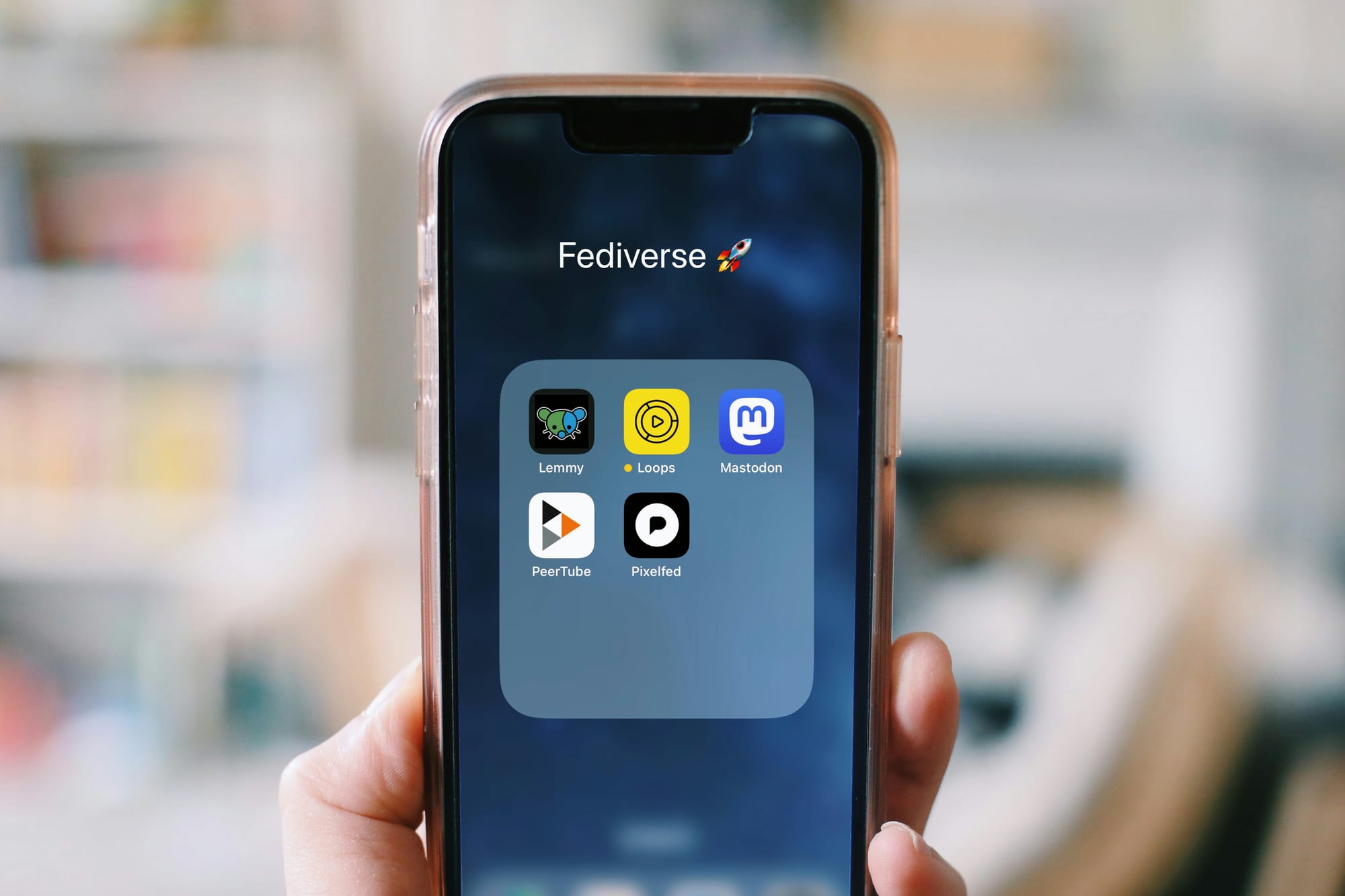The Internet: Ethics, Justice and Sustainability
First of a series on the intersection of Internet technology, ethics, justice and sustainability

Starting with the controversy
Sadly, I think many are going to find this controversial. Many more will try to ignore the issues and embrace the convenience of Social Media, Apps and control from the Big global corporations. In doing so either ignoring or accepting both ever more losses of privacy and AI forced on them in every sphere.
I believe Ethics, Justice and Sustainability are inseparable and completely intertwined (in the long run). In pragmatic terms nothing can be sustainable unless it is ethical (simplistically because in the long run unethical behaviour is doomed, it will be found out, it will be resisted). Equally injustice is not sustainable (think of Apartheid or the Slave Trade).
It goes in the other direction as well. It is not possible to be ethical and ignore sustainability (it is not ethical to behave now in a way that destroys the future for others) nor can we have justice without sustainability (because it puts the rights of some in one situation above the rights of others).
Where are the problems?
The AI "revolution" has made billions for some out of harvesting (for free) all their learning from other people's data. The Large Language Models are built by analysing data they have taken, without payment and usually without permission from anything they can get over the Internet. Everything we have ever put on Facebook, searched for on Google, emailed to anyone has been processed to build the AI models. Then they can sell us software or a service (sometimes for money, sometimes for permission to invade our privacy) that generates something for us (pictures, emails, program code, documents and more) from what they have already taken from us.
The big tech companies track us all over the Internet and sell what they find to advertisers and many others. Typically they use "cookies" (data our web browser keeps on our computer and shares with websites) to track us for example from FaceBook to Amazon even if via several other places on the way. Not only is this used to sell us stuff but it is also used to manipulate what we see. In the "good old days" FaceBook would show us what our friends are sharing, that didn't bring them enough income. So now our "feeds" have all kinds of other stuff and very often it will decide not to show us what a family member or friend has posted. That is especially if the friend doesn't share very often because while it is likely to be interesting to us they make no money from it.
All this has become extra politically charged during the last US Election and during the Trump's second Presidency. The visibility of the big tech billionaires at his inauguration (sitting in front of his cabinet) has highlighted how he and they are manipulating what we see (see The six changes to Facebook moderation and what it might mean for the UK). We have seen in particularly how this has made life much more dangerous for our Trans sisters and brothers. Very recently Musk's Grok AI engine was famously been tweaked so that it started praising Hitler because Musk was concerned that it was being "politically correct" see Why Grok Fell in Love With Hitler.
Beyond all these huge issues there are many others typical of very large multinational companies. Do they pay fair taxes in the countries where they operate? Do they obey the law in the countries where the operate (eg European legislation on hate, on equality, on privacy? Do they abuse monopoly power to make profit (plenty of examples of legal cases lost for example by Microsoft over browsers, Google holding onto being the default search engine, Apple over the control of it's app store etc).
But we have no choice
That is exactly what they want us to believe. It is why both Twitter and FaceBook delete posts that mention Mastodon or anything in the Fediverse. It is why Meta (owner of FaceBook) bought WhatsApp (and undermined it's privacy) and won't mention Signal. Also why the press have written so much about the US Defence leaks using Signal which they believe gives people the impression it isn't secure for us (I mean please don't use it for discussing war plans, but for a surprise birthday party or anything in our lives it is much more secure than email or WhatsApp).
Here is one article and one video both from Elena Rossini
* In this age of technofeudalism every writer who covers technology - especially resistance to Big Tech - should disclose their tech stack. Here's mine
* Introducing the Fediverse: a New Era of Social Media

What should we be doing
It's lots of things that add up. Some are big steps, others very easy.
Start with the easy ones:
- switch your browser search engine from Google to DuckDuckGo
- install privacy extensions in your web browser
- Privacy Badger is a browser extension that automatically learns to block invisible trackers. Privacy Badger is made by the Electronic Frontier Foundation, a nonprofit that fights for your rights online.
- uBlock Origin is a browser extension that blocks unwanted content, such as ads, trackers, and malicious URLs. It is easy on CPU and memory, and supports multiple platforms, including Chrome, Firefox, Edge, Opera, and Safari.
- ClearURLs Remove tracking elements from URLs.
- Switch from the default browser to Mozilla Firefox for better privacy and control over security.
That's the easy ones. For more try these:
- Turn off AI everywhere you can and do not use it for anything
- Switch from WhatsApp to Signal
- Switch away from MicroSoft Office to LibreOffice.
- Switch to Linux instead of Windows or MacOs (especially a non-commercial distribution, I favour Debian although it isn't the easiest for beginners
- Switch to Mastodon instead of Twitter
- Switch to Friendica instead of FaceBook
- Switch to PeerTube instead of Google
- Switch to Pixelfed instead of Instagram
- use one of many free software blogging platforms and find a small EU based host (we use Ghost software hosted by Magicpages
- Switch to email from a privacy based EU provider eg see this list
If you are a programmer then:
- switch from GitHub to a more private and secure alternative such as Codeberg
- switch to an open programming language and tools from proprietary ones (eg Python or Rust rather than .net or Swift or Go)
- switch away from the big hosting companies such as Amazon or Cloudfare, find ones based in the EU who legally have to take privacy more seriously
- Do not use AI for code generation.
For us the big one we still have to do is to move away from GMail. Facebook is very much only a way of sharing to build our community outside it.





